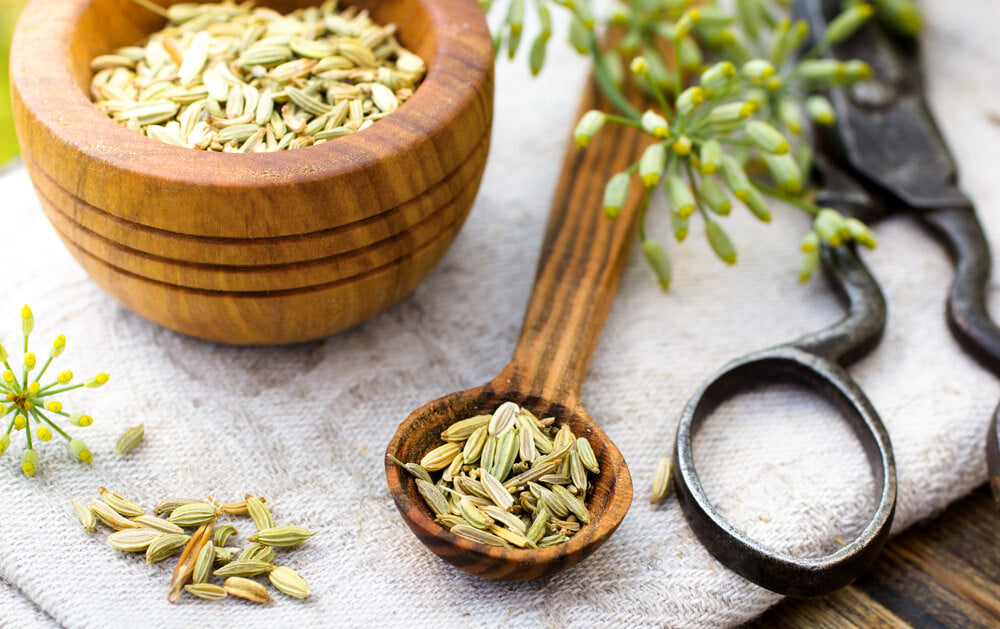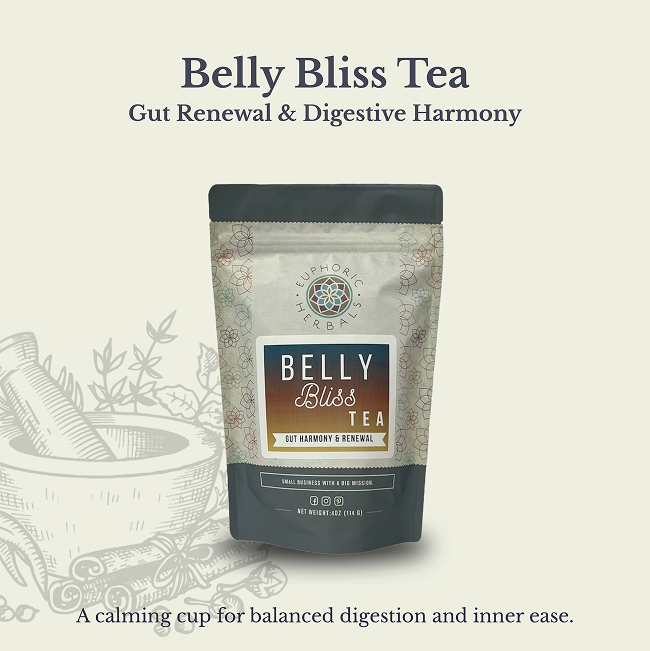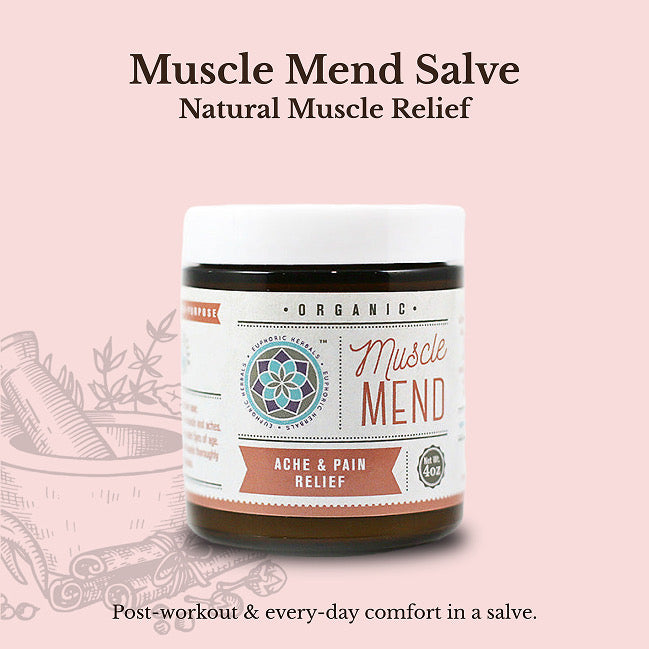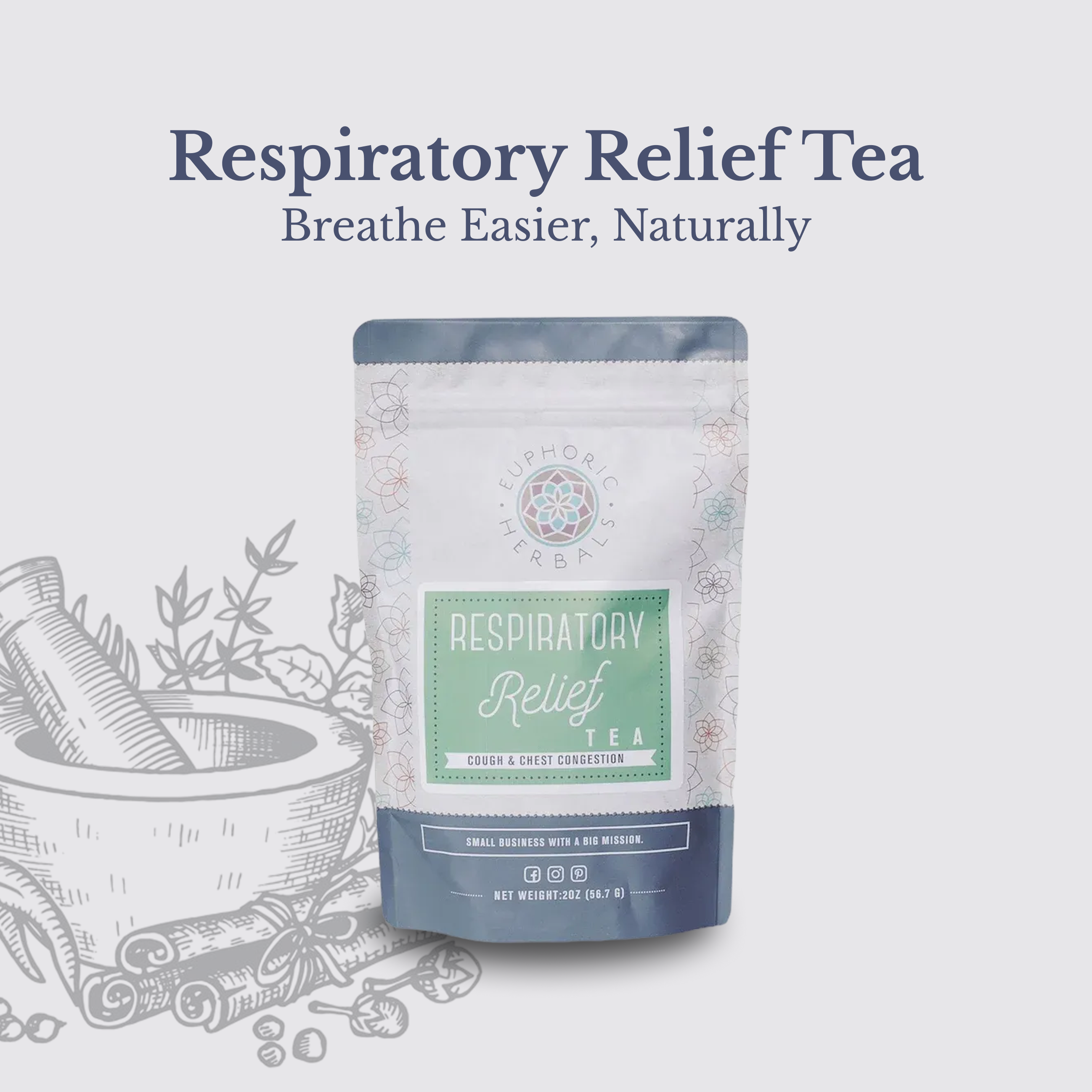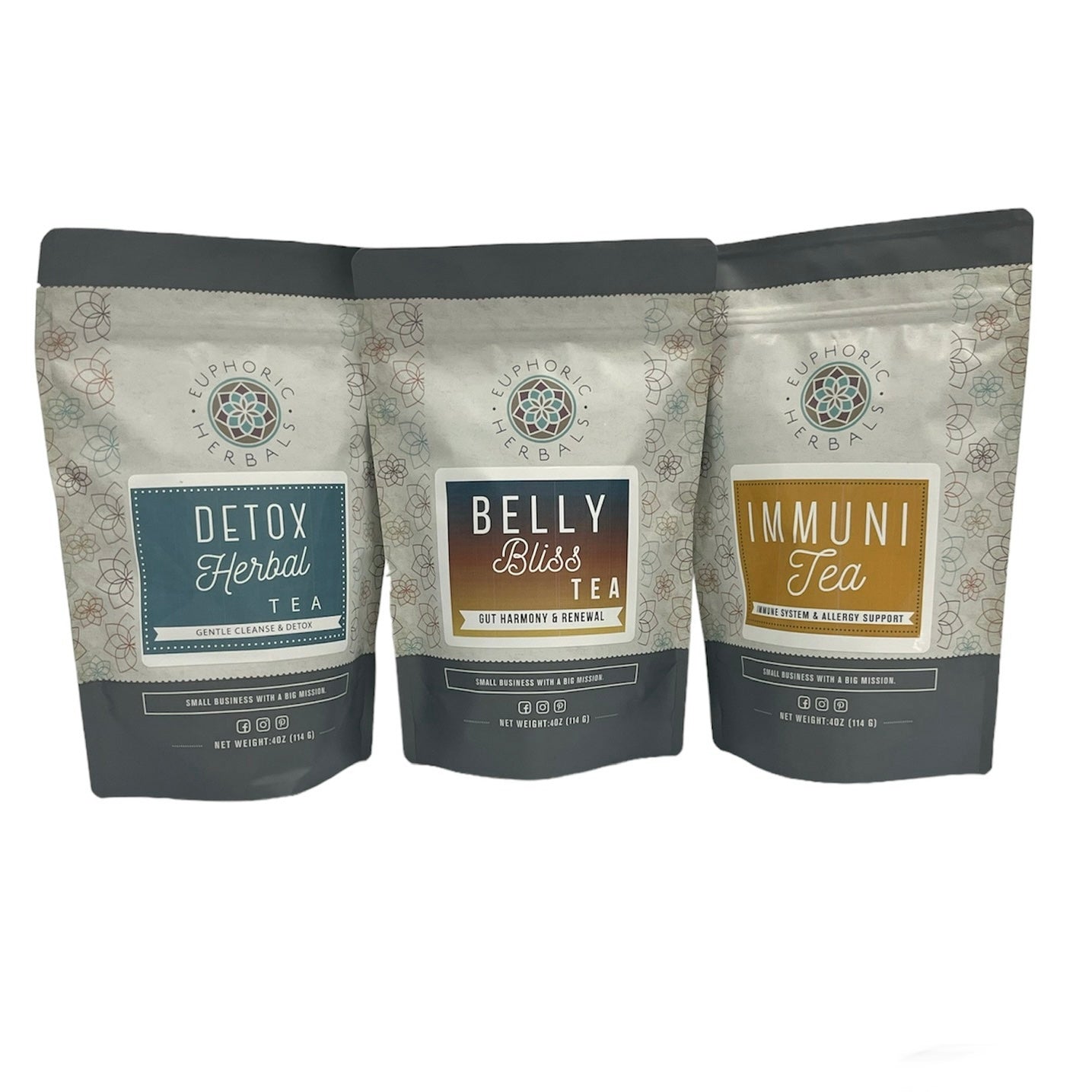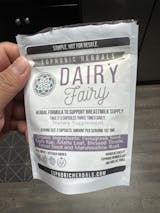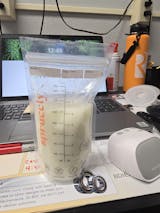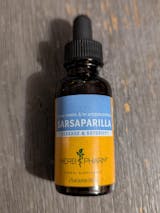Fennel is a nutritious vegetable that can be added to many different recipes. The bulb is often sliced up and added to soups, salads, and other dishes. The feathery leaves of the fennel plant have an anise-like flavor and are often used as a seasoning.
Fennel seeds can also be added to food for flavor and are the part of the plant most often used for health benefits. They can be crushed and used to make a tea that will help with digestion, breast milk supply, bad breath, and more.
Here's more about fennel seeds, fennel tea, and the key benefits of both.
More About Fennel and Fennel Seeds
Fennel (Foeniculum vulgare) is a medicinal and culinary herb originally native to the Southern Mediterranean. It grows quite tall and has yellow flowers that are reminiscent of dill.
The whole fennel plant- bulb, stalk, seeds, and leaves- is edible and contains many beneficial nutrients and compounds. Fennel seeds have the same anise or licorice-like flavor as the rest of the plant but are slightly more powerful.
The seeds are the part of the plant most often used medicinally and have been used for centuries in herbal medicine.
Nutritional Benefits of Fennel Seeds
Fennel seeds are packed full of nutrients and can be used dried or fresh.
One tablespoon of the seeds provides a good source of manganese, magnesium, iron, calcium, and fiber along with vitamin C and potassium. (1) Manganese, potassium, magnesium, and calcium are all important nutrients for bone health. (2)
Fennel seeds are also rich in antioxidants and other beneficial compounds that come from the essential oils within the seed.
Benefits of Fennel Tea

One of the most common ways of using fennel seeds medicinally is to make a tea with them.
You can grow and dry your own fennel seeds or buy already dried seeds from a good company.
Fennel Tea Recipe:
- To make a simple fennel tea, first crush 1-3 teaspoons of fennel seeds lightly.
- Put the seeds in a mug or glass jar and add hot water.
- Let them steep for 10-15 minutes (the longer the steeping time, the stronger the tea will be).
- Strain out the fennel seeds and sweeten your tea if desired.
Fennel tea is safe to drink several times a day, depending on what you are using it for.
Here are some of the key health benefits of drinking fennel tea.
Increasing Breast Milk Supply
One of the most traditional uses for fennel seeds and fennel tea is as an herbal galactagogue. (3) A galactagogue is any substance that increases breast milk supply for nursing mothers.
Fennel seed often features in herbal teas for breastfeeding, including this Milky Mama Tea that increases and enriches breast milk. The nutrient content of fennel tea also helps to keep mom and baby healthy.
Aids Digestion
Fennel seeds and fennel tea have both been used since ancient times for digestive health. It is common in some cultures to chew on fennel seeds after meals to help digestion and freshen breath.
This cultural practice is confirmed by studies showing that some of the oils in fennel help to stimulate digestive juices and improve overall digestion. (4)
Fennel tea is also a common remedy to help with indigestion, gas, irritable bowel syndrome, constipation, and intestinal pain. (5)(6) It may also be beneficial for acid reflux and can help to balance the pH level in your stomach.
Boosts Immune System
Fennel tea contains antiviral and antimicrobial properties that can fight off infection and strengthen your immune system. (7) The seeds contain vitamin C as well, which is also known to boost your immune system.
Making yourself some fennel tea when you feel a cold coming on may help your body fight back against the virus.
The essential oil of the plant (found in the seeds) also contains many different compounds and antioxidants that have been shown to protect against certain diseases. (8)
Freshens Bad Breath

Although chewing on fennel seeds is the traditional way to combat bad breath, drinking fennel tea can have the same benefit. One possible reason for this is the antibacterial nature of fennel seeds that can kill the pathogens causing bad breath. (9)
A cup of fennel tea after meals can help both with digestion and bad breath. Or you could drink it before going to bed at night to wake up with fresher breath.
Relieves Colic
While not life-threatening, colic is something most parents would like to relieve in their baby.
Fennel has antispasmodic properties that can help to relax muscles in the digestive system and relieve discomfort. (10) This is what makes it beneficial for digestive health in general and also makes it a potential treatment for colic.
One study found that a fennel seed oil emulsion eliminated colic in 65% of the treatment group without any reported side effects. (11)
Despite the promising nature of this study on fennel seed oil, there isn't yet an established safe dose for infants. The best and safest way to try fennel seed for colic is for a breastfeeding mother to regularly consume fennel tea.
Benefits of Fennel for Hormones
Fennel seed and fennel tea can also have benefits for balancing hormones and relieving PMS and menopausal symptoms. Fennel is considered to be an emmenagogue, which means it can help to regulate menstruation and reduce symptoms of PMS.
One study found that fennel extract can be particularly helpful for menstrual pain. (12)
Fennel seed also contains phytoestrogens, which can help with menopausal symptoms that are due to low estrogen levels. It seems to be especially effective for symptoms like vaginal dryness, vaginal itching, night sweats, sleep disturbances, and hot flashes. (13)
Other Ways to Use Fennel
While making fennel tea is one of the easiest ways to use fennel, there are some other options.
If the taste of fennel seed is a problem or you don't have time to make tea, fennel can also be taken in capsule form. This can be especially helpful when using fennel seed while nursing.
These Milk Machine capsules contain a blend of fennel seed and other herbs to increase breast milk supply.
Fennel is also available as an extract and in powdered form. Just be careful when buying fennel in supplement form, and make sure you are getting it from a quality company.
Side Effects and Precautions
While fennel seed and tea have many benefits, there are a few precautions to be aware of.
Due to fennel's estrogen-like effects, concentrated forms of fennel should not be used during pregnancy. Eating fennel and fennel seeds as food is likely safe, but pregnant women should avoid fennel supplements and extracts.
Fennel can interfere with certain medications, especially hormone treatments and estrogen pills. People with estrogen-sensitive cancers should also avoid fennel.
Can You Use the Benefits of Fennel?
Fennel and fennel seeds are both packed full of nutrients and come with many health benefits. The seeds can be used to make a nutritious and healthy tea that is beneficial for a wide range of people.
You can drink the tea to soothe digestion, take fennel seeds in capsule form or as a tea blend to increase breast milk supply, or use fennel to boost your immune system.
With so many uses for fennel, this is an herb worth considering for better health!



















































































































































































